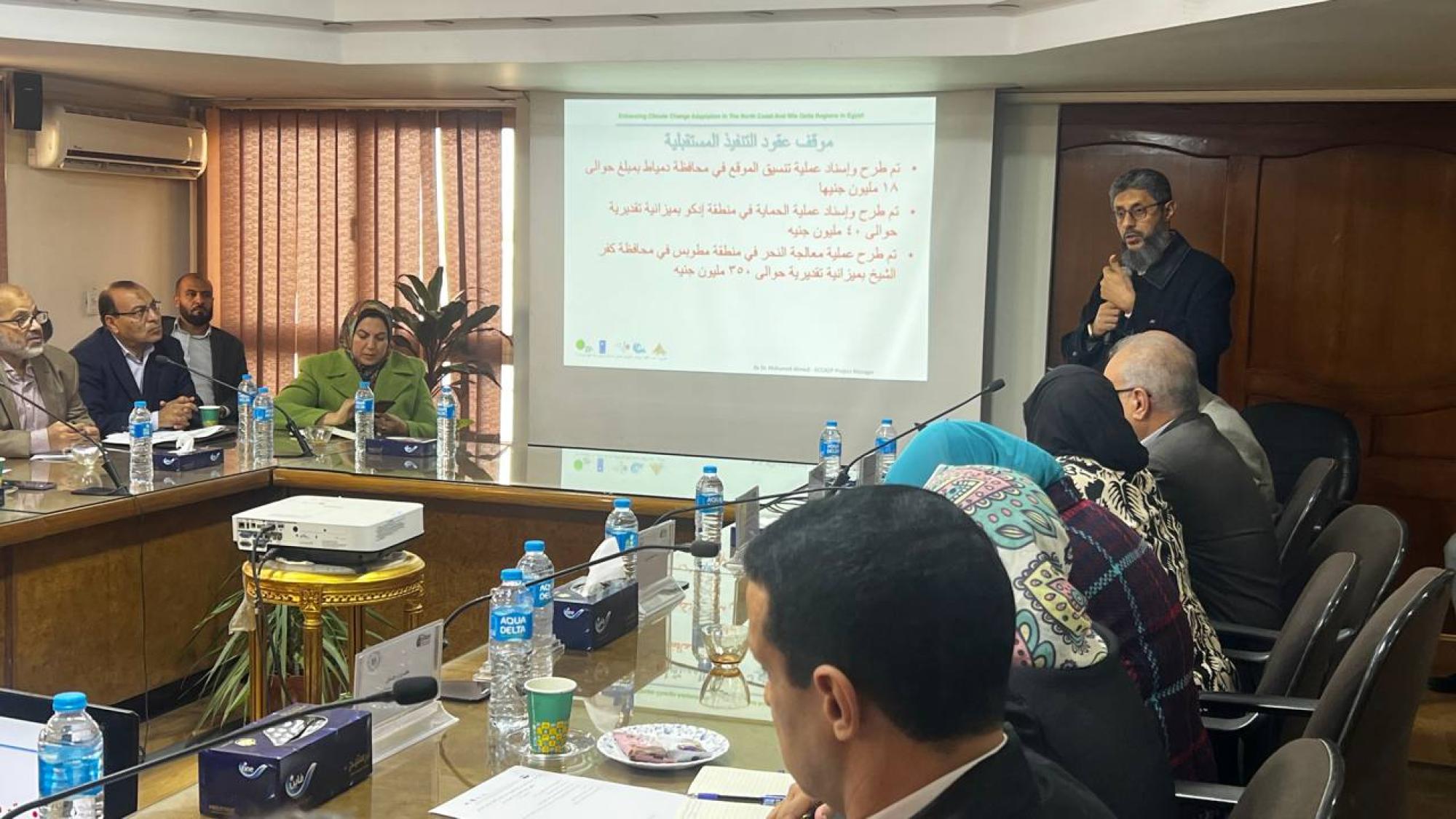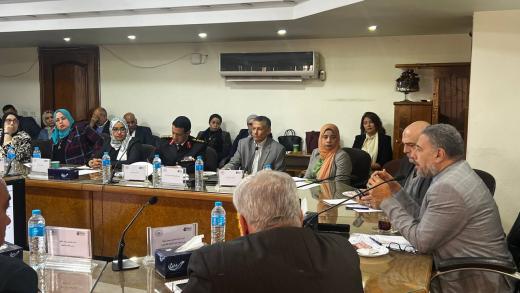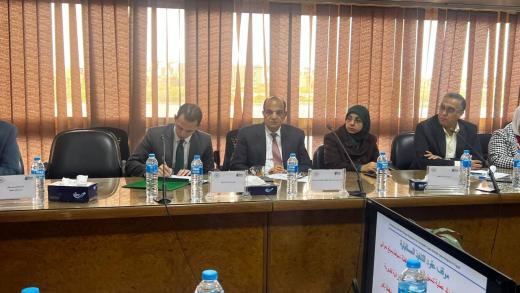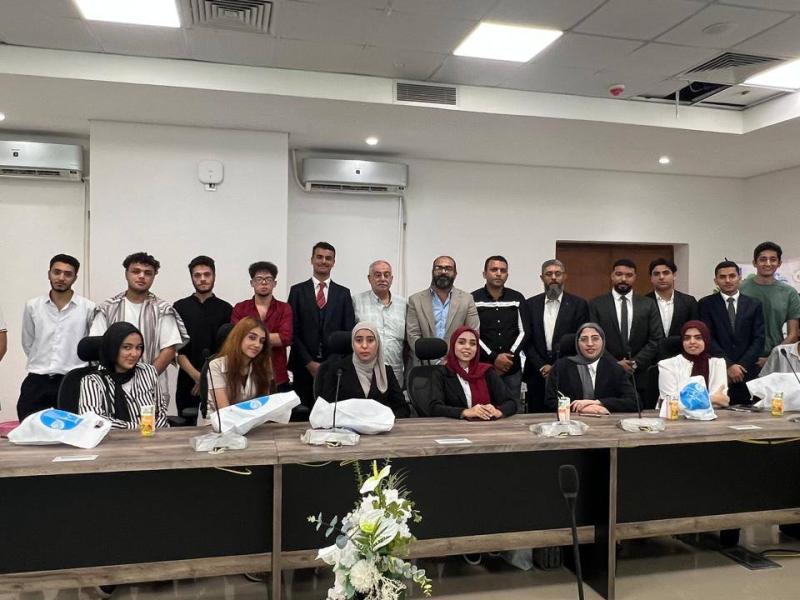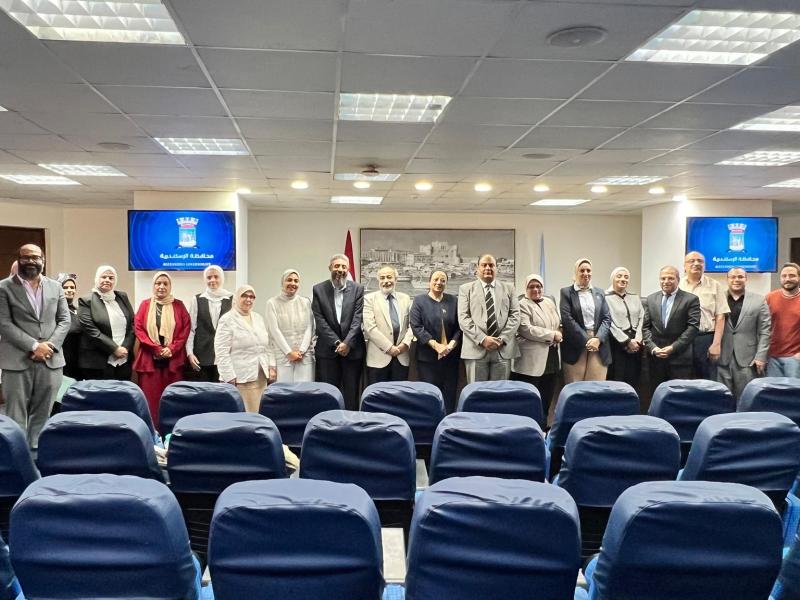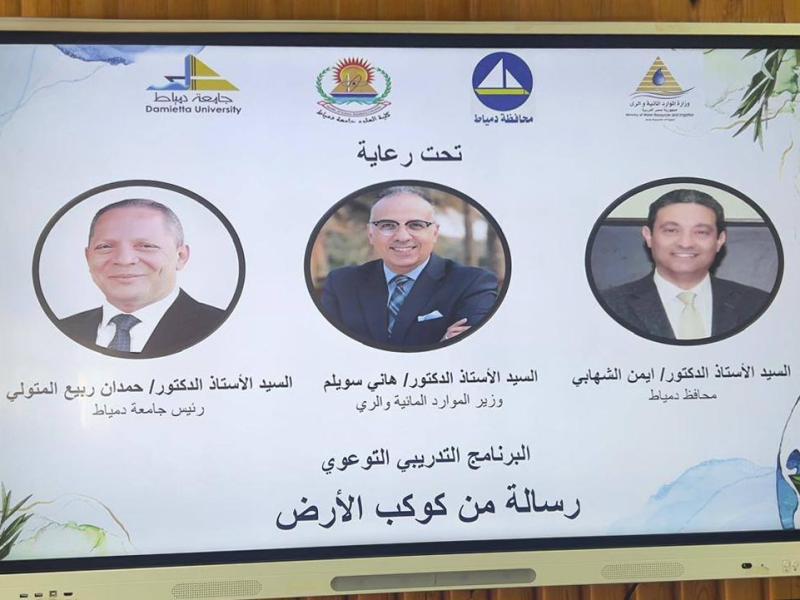The 10th steering committee meeting of the project to enhance climate change adaptation in the Nile Delta and the northern coast, held on November 26, 2024, confirmed significant progress in the project's implementation.
The meeting, chaired by Dr. Sharif Mohamady, President of the National Water Research Center, and attended by Dr. Essam Khalifa, President of the Egyptian General Authority for Coastal Protection and National Project Director, Eng. Walid Haqqi, Head of the Planning Sector, Dr. Ahmed Madhat, Head of the Sector overseeing the Minister's Office, Dr. Mohamed Ahmed, Executive Director of the Project, Dr. Mohamed Bayoumi, representative of the United Nations Development Programme, and Ms. Amira Abdel Latif, Monitoring and Evaluation Officer, as well as representatives of the Egyptian General Authority for Coastal Protection and representatives of relevant authorities (Ministry of Environment - Land Use Authority - Ministry of Defense - Ministry of Housing - representatives of coastal governorates), witnessed a detailed explanation of the most prominent achievements that have been achieved, which include the completion of most of the coastal protection works in the targeted governorates, the development of a comprehensive plan for coastal zone management, in addition to training more than 200 specialists in the field of coastal zone management for more than 1000 training hours over more than two years.
Dr. Mohamady praised the importance of this vital project in protecting the Egyptian coast from the effects of climate change, stressing the need to join efforts to face this global challenge.
For his part, Dr. Mohamed Ahmed Ali, Executive Director of the project, explained the completion of most of the coastal protection works, the first component of the project, which contributes to reducing the risks resulting from rising sea levels. In addition to following up on the latest outputs of the coastal zone management plan, which included intensive training programs for stakeholders and concerned authorities, and the launch of the third phase of the climate ambassadors program, bringing the total number of project ambassadors at the level of coastal governorates and concerned authorities to about 120 ambassadors.
Ali referred to the importance of the climate ambassadors program, which resulted in the legal and institutional framework for the plan, which includes three administrative levels starting from the ministerial committee chaired by the Council of Ministers, the technical support committee, and ending with the coastal governorate committees for the Mediterranean coast.
Ali also pointed out the near completion of the contracting and installation phases of the national monitoring system to be established along the entire Mediterranean Sea, which aims to monitor sea levels, waves, water quality, and weather in addition to linking it to the forecasting model.
Read also
-
23 September 2025
In the Face of Climate Challenges: Dakahlia Welcomes the "Message from Planet Earth" Campaign to Protect Coasts and the Delta
-
25 September 2025
From Seabed to Shoreline: How 'Beach Sand Nourishment' is Changing the Rules of Coastal Protection in a Comprehensive National Dialogue
-
14 April 2025
Damietta Governorate at the Heart of the Event: Its University Leads Awareness Efforts on the Risks of Climate Change


